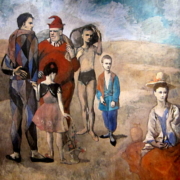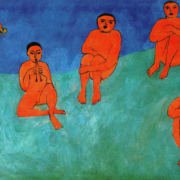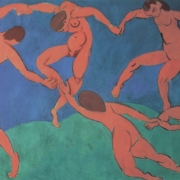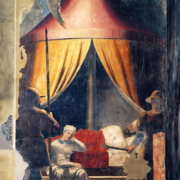Group and dream in departments of organic illness. The homogeneous group in the hospital department
Abstract
So that what seems significant to us, relative to the theme of the groups iconic and oneiric production, concerns its specific function in the group dealing with organic illness. This function is connected with the need to represent the bodys internal events, to give them a shape and communicable expression, to provide them with a sense which can be shared and mentally represented. The understanding of these representational elements, so important for re-establishing the ties between body and mind and between trauma and rebuilding, may set in hand a process of transformation and evolution. In particular, in the group considered, it was possible to pinpoint levels which were more and more touched by the affections of a central fantasy connected with the neoplastic illness: the annihilating and fragmenting invasion of the tumour, bearer of anxiety of death, corresponds to an early primitive defect, connected with problems of inseparability, which gave rise to an area of ice, devoid of life and absolutely inconceivable, invasive and generating death to the point of persecution, to be ashamed of. The organisation of this fantasy, fostered by dreaming, enables the group to pass from a concrete, symmetrical and specular arrangement, of the Read more





